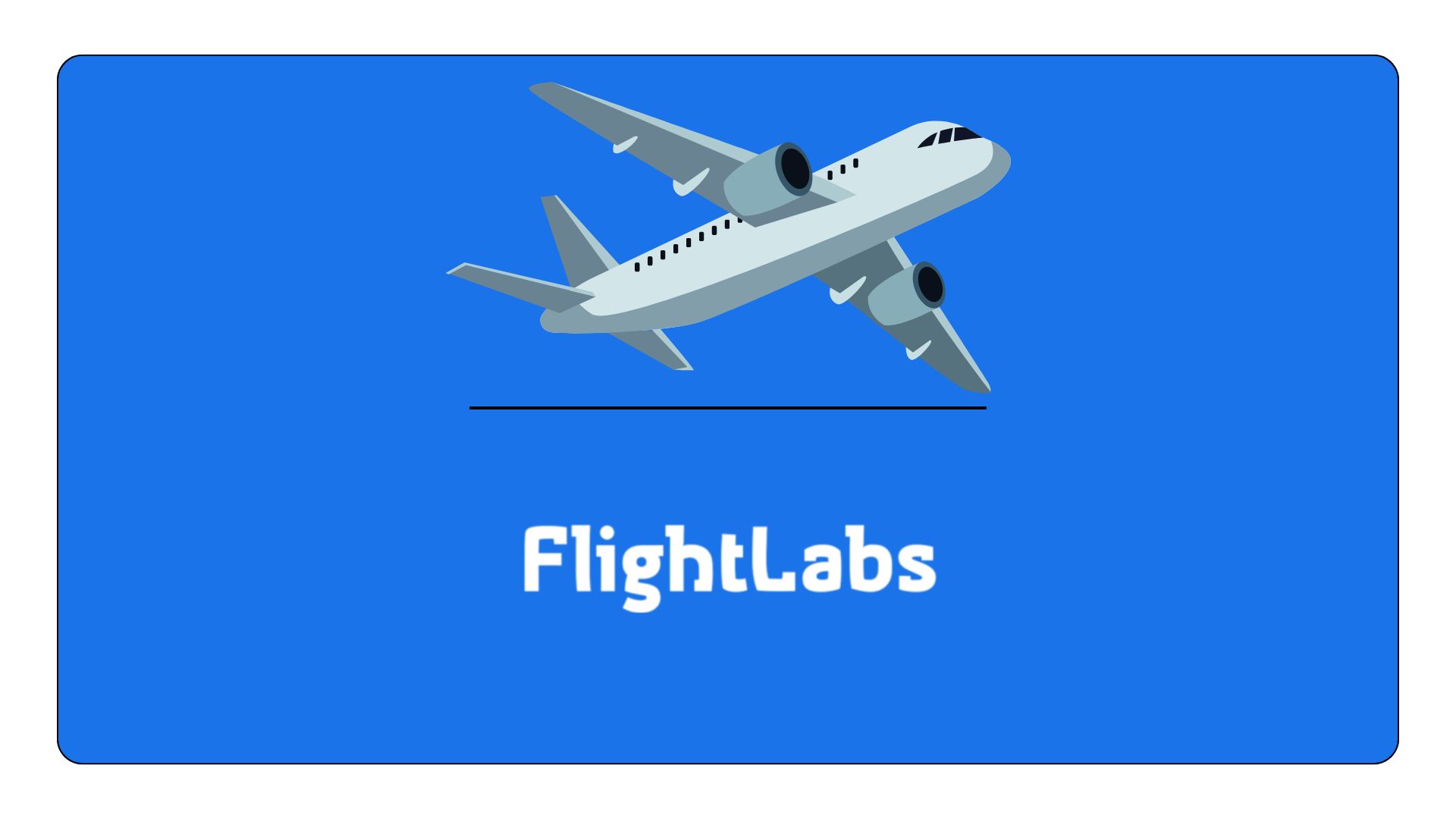Flight API For Real Time Flight Data And Tracking

Through the smooth exchange of data across several platforms, APIs open up new development possibilities and efficiencies. APIs have become indispensable in the aviation sector, especially for developers who want to incorporate real-time flight data into their apps. These specific APIs, often known as a Flight API, are essential for giving users access to critical aviation data, including flight statuses, aircraft specifications, schedules, and more. Let's talk about FlightLabs!
Key Benefits of FlightLabs for Developers
FlightLabs stands out as a premier solution for developers seeking access to comprehensive and reliable flight data. The key benefits include:
One of the standout features is its ability to deliver real-time flight tracking data, allowing applications to display current flight statuses, including delays, cancellations, and in-progress flight locations. This is invaluable for travel apps, logistics companies, and even aviation enthusiasts. Moreover, FlightLabs also provides access to historical flight data, enabling developers to analyze trends, flight performance, and other metrics that are critical for research and analytics.
FlightLabs offers global coverage, providing flight data from airports, airlines, and flight routes across the world. This ensures that developers can access data on flights, regardless of the region. The accuracy of the data is also a major advantage, as FlightLabs continually updates flight information to reflect the most current status, ensuring that applications relying on this data remain reliable and trustworthy.
It is designed with scalability in mind. Whether you're building a small travel app or a large-scale logistics platform, the API is capable of scaling with your needs. Developers can customize their API queries to retrieve only the specific data they need, which enhances both performance and cost-efficiency.
Use Cases
FlightLabs' comprehensive data and flexible API architecture make it suitable for a wide range of applications. Some of the most common use cases include:
- Flight Tracking Applications: It can be used by developers to create real-time flight tracking applications that let consumers watch live flights. Passengers, airlines, and even family members wishing to follow a loved one's journey may find this to be especially helpful.
- Travel Booking Platforms: It can be connected to give the most recent flight information, including schedules, delays, and cancellations, to travel agents and booking platforms. This guarantees that clients can book or change their travel arrangements with the most up-to-date information available.
- Aviation Analytics and Reporting: Its historical data capabilities make it an excellent tool for aviation analytics. Developers can retrieve past flight data to analyze trends, improve airline performance, or study flight delays and cancellations.
- Logistics and Cargo Tracking: Real-time flight data is essential for tracking cargo movements worldwide in the logistics business. Logistics firms can better manage delivery schedules and track air freight in transit with the help of FlightLabs.
Developers can use FlightLabs to filter results according to particular parameters, including the flight number, airline, airport, or nation. This guarantees that users only receive pertinent data and enables a highly tailored experience. It has webhook functionality for developers who need to send out real-time alerts. With this functionality, your application may be set to receive push alerts on specific occasions, such a flight landing or taking off. Additionally, it gives users access to past flight data, which is helpful for study, analysis, and creating models that forecast flight patterns in the future. Developers may access comprehensive historical flight data, providing analytics tools with a wealth of information.

